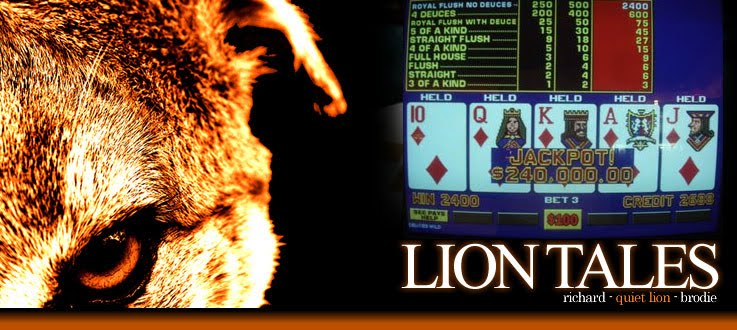I have disabled Adblock Plus on Facebook.
I think this is significant. Adblock Plus recently figured out how to block "sponsored posts" on Facebook (but not perfectly). As I scrolled through, I would see them flash for the briefest moment as they came into view before disappearing.
I didn't like it.
Facebook does such a good job targeting me with ads that I actually want to see some of them. So I turned it off.
Now I've voluntarily subscribed to advertising newsletters such as travel and electronics deals, but I think this is the first time I've voluntarily subjected myself to ads embedded in unrelated content. For instance, I've turned off TV commercials at every chance, dating back to the days of ReplayTV with its commercial-skip feature that was destroyed by political pressure. I buy commercial-free content from Amazon rather than subscribe to cable.
But the ads on Facebook have become so relevant to me that I want to see them. They have rewired my brain to get me to choose to see advertising. And, with a nod to Buck Henry, loving it.
As I predicted in my 1995 book Virus of the Mind, mind viruses (and I include Facebook in that) become better and better at gaining a share of our mental resources. But it's a mistake to think we will notice and resist the invasion. It feels like entertainment. TV shows have become so good that I spend much more time watching them (without commercials) than I used to. It seems laughable to look back on the day when All in the Family was the best thing on TV.
When The Matrix comes, it will not look like being dragged into a plastic feeding tube and hooked up to wires. It will look like fabulous entertainment, 24/7.
Is that such a bad thing?
Only if you have something more important to do.
